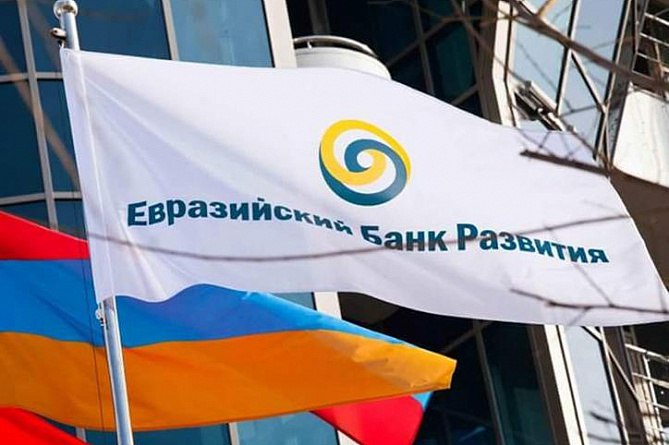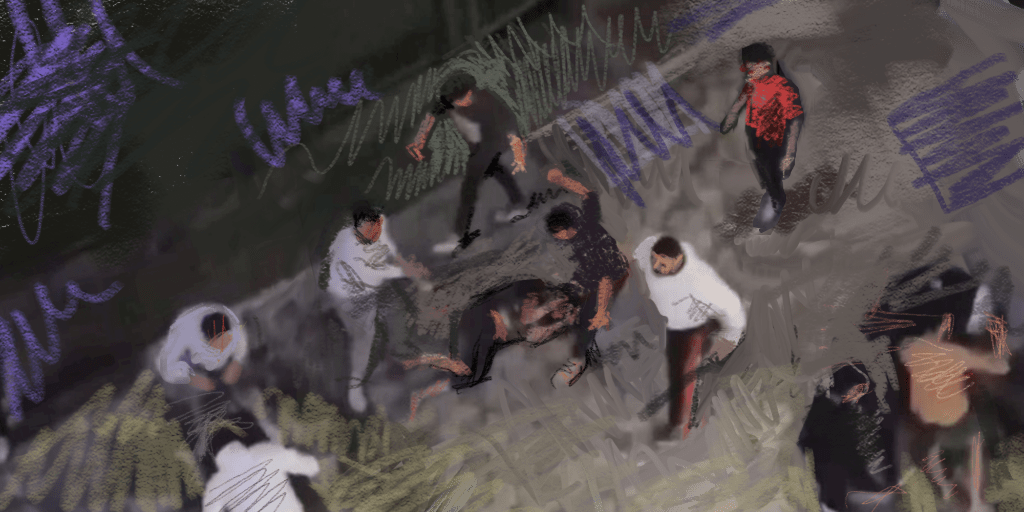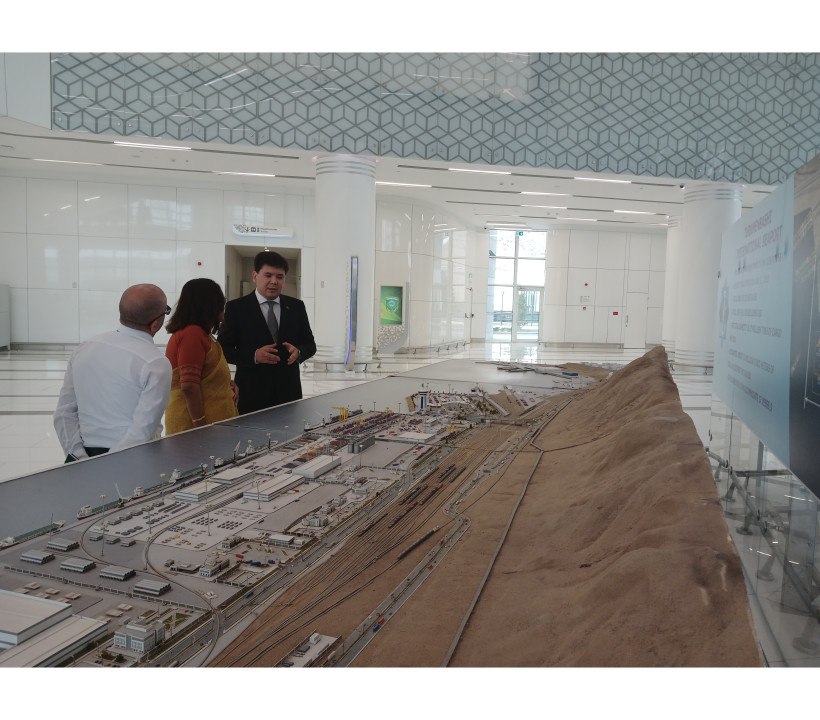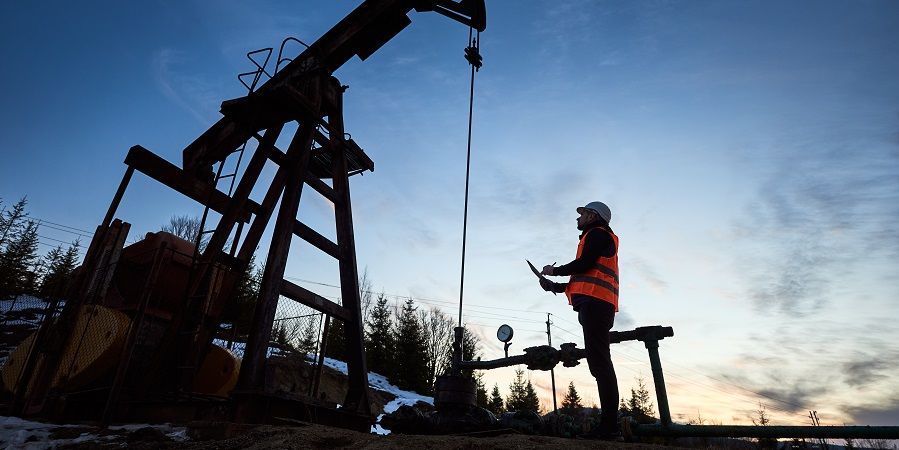The reported arrests in the United States of eight people from Tajikistan with possible ties to a terror group has renewed concerns about extremism in the Central Asian country, which faced a backlash after the alleged involvement of some of its nationals in a terror attack in Russia in March.
U.S. officials have provided little detail on the arrests of the men who had crossed into the United States from Mexico last year, though the development added to tension over the surge in illegal crossings at the southern border. Immigration and border security are a major campaign issue ahead of the U.S. presidential election in November.
Patrick Lechleitner, the acting director of U.S. Immigration and Customs Enforcement, also known as ICE, was asked on Wednesday about reports that background checks on the Tajik men failed to turn up any cause for concern. In an interview with the NewsNation network, Lechleitner said another agency, the U.S. Customs and Border Protection, had first contact with the men as they crossed the border.
“Sometimes there is just no information on individuals. I mean, it’s quite common… There is nothing,” he said. “There´s no criminal convictions, there’s no threat information or whatever on these individuals, or maybe these individuals are from an area that is particularly of concern, but that pops up later.”
ICE was collaborating with the FBI and “we went out and got” the suspects after becoming aware of concerns about them, Lechleitner said.
American law enforcement previously warned of the growing threat of terrorism on U.S. soil after the killing of about 145 people in an attack on the Crocus City Hall, an entertainment venue on the outskirts of Moscow, on March 22. The Islamic State group said it carried out the attack, and several people from Tajikistan were among suspects arrested by Russian authorities.
“Now increasingly concerning is the potential for a coordinated attack here in the homeland, akin to the ISIS-K attack we saw at the Russia concert hall a couple weeks ago,” FBI Director Christopher Wray told U.S. lawmakers on April 11.
ISIS-K is an acronym used for an affiliate of the Islamic State branch that operates in Afghanistan and has sought recruits from Central Asia, particularly Tajikistan and Uzbekistan.
The Crocus City Hall killings led to a backlash of suspicion against many Tajik migrants in Russia and difficult conditions for those trying to enter Russia in order to work, generating diplomatic tension between Moscow and Dushanbe and worries about the flow of remittances that are a vital part of Tajikistan’s economy.
Tajikistan has not commented publicly on the arrests of the Tajik men in the United States. The Tajik government has previously said it is doing what it can to combat terrorism, downplaying questions about whether some of its internal restrictions, including on religious expression, might be contributing to radicalization.
U.S. media reports, including from NBC News and ABC News, said the arrests occurred in New York, Philadelphia and Los Angeles this past weekend. The reports relied on anonymous sources, some of them identified as “officials.”
The men were arrested on immigration charges and face deportation, some reports said, suggesting there is not enough evidence to charge them with terror-related offenses.
The United States has worked with Tajikistan to counter the threat of terrorist infiltration, providing technical help and equipment to secure its 1,350-kilometer border with Afghanistan. Tajikistan has collaborated on the same issue with Russia.
In May, Tajik President Emomali Rahmon suggested to Russian President Vladimir Putin that his country was fated to be on the front lines of anti-terror efforts because of geography.
“You know where Tajikistan is located, and that it is a global problem,” Rahmon said.








